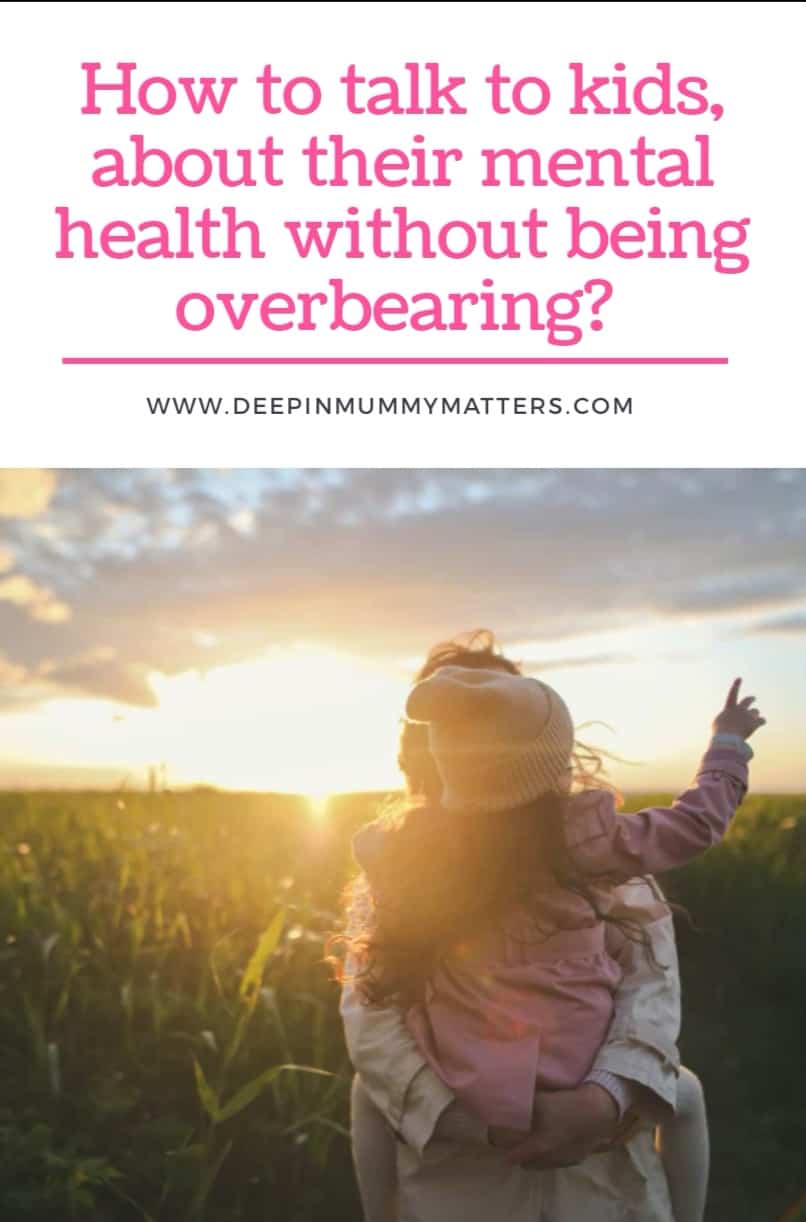When it comes to mental health, adults are not the only ones that are affected and feeling the stress. Your child’s mental health is in need of observance and repair as well. And even though your child may not be saying that exact words or even asking for help, it’s important as a parent to pay attention to the cues that they’re giving you.
Compass Fostering have spoken to one of their Community Psychologists about the importance of talking to children about their mental health – especially as they go back to school and might be feeling confused or anxious about how things will be.

Children and mental health issues and worries are a growing concern, especially in the state of the world that we’re in today. What this means as a parent is that you have to take charge and know how to handle these types of issues when they arise.
Sweeping mental health issues under the rug is never a good idea, especially if you suspect that your child is showing signs of anxiety or depression. Before you look for teen depression treatment, it’s important to understand that your child may not even know how to express what they’re feeling. One way to assist your child in dealing with emotions and worries is to plan a few activities to keep them active and engaged.
Speaking from my own personal experience as a mum, my children’s mental health is something that I’ve been paying close attention to. There have been some days throughout the past few months when I could just tell that my child was “down in the dumps”. Instead of brushing it off or telling them to “pep up”, I changed the scenery for the family and we went outside for walks or set up a fun Zoom chat and had a virtual playdate with some of their friends.
The immediate impact that it had on their mental health was amazing and it was really, really eye-opening for me, too.
If you’re ready to tackle the conversation of mental health with your child, start by doing activities that will help them realise that keeping their bodies active is a great way to keep their minds active as well.
Tips for Addressing Your Child’s Mental Health

Even though you might want to sit down and have a candid conversation with your child about their mental health, this might not be where they are at. Instead of just talking with words, add in some actions as well, and you just might find that the words flow better, too.
Get outside and let them experience the fresh air
It’s amazing what a walk a run or a dig in the sand at the beach can do. Mother Nature has a simple way of slowing down life and helping us all feel more connected. And the best part about getting outside is that it can be as easy as taking a quick walk around the block, too.
When we’re cooped up in our house for days or months, our minds are going to start to crave more. And if we don’t give it more, this is where mental health is going to start to suffer.
Even taking some toys outside and just letting the kids play in the sun is a great way to work on a healthier mindset.
Load up for a drive in the car

If you’re still not quite able to go into stores or visit certain places due to restrictions, load the family up in the car and go for a drive. A scenic drive in the country can be a great way to feel the wind in your hair and give everyone something new to look at.
And if you happen to find a drive-thru open for some ice cream cones along the way, so be it!
The great part about both of these simple activities is that they allow your child to do something different and calming and still give plenty of downtime for the walls that have been built up emotionally to come down so conversations can happen.
Try using these ideas to help your child with any mental health issues that they might be having. They’re a great place to start.
Have you considered fostering?
I’ll be absolutely honest here and say that fostering is something that I have and would consider. I am lucky enough to know some wonderful foster carers and adoptive parents; they never say it’s easy, but they always say it’s worth it. Have you considered fostering? There’s a national shortage of foster carers, and people with an interest in children and teen’s mental health could be great candidates for fostering.


